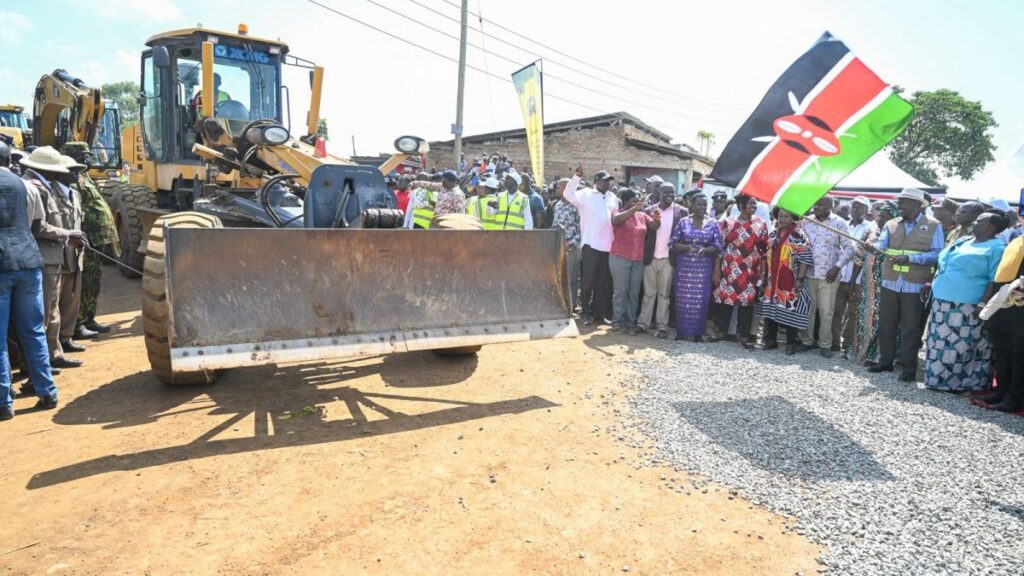The Kenya Urban Roads Authority (KURA) has rolled out a new digital procurement system aimed at streamlining tendering processes and eliminating opaque road deals. This development marks a significant step towards fostering transparency and accountability in public infrastructure development.
Beginning with the 2025/2026 financial year, all procurement processes at KURA will be managed digitally through the Electronic Government Procurement System (e-GPS). The new platform is designed to promote efficiency and openness, ensuring that all interested parties can access real-time updates on procurement opportunities.
The transition to digital procurement aligns with KURA’s mandate to manage, develop, rehabilitate, and maintain the national urban road network. As a critical player in Kenya’s urban infrastructure development, the move is expected to reduce manipulation and secrecy in awarding contracts.
KURA has urged all potential suppliers, contractors, consultants, and service providers to register on the e-GPS portal to access and bid for tenders. The registration can be completed through the Authority’s official website or directly at the e-GPS portal. Bidders are encouraged to visit the platform regularly to stay informed about ongoing and upcoming opportunities.
The e-GPS system brings several advantages, including enhanced transparency, elimination of unnecessary paperwork, and a significant reduction in procurement-related costs. It also enables quicker generation of reports and features mechanisms for verifying the authenticity of submitted documents.
The system has already been successfully piloted in other government entities such as the Ethics and Anti-Corruption Commission, the State Department for ICT, the Kenya National Highways Authority, the Moi Teaching and Referral Hospital, and the Public Procurement Regulatory Authority. Additionally, County Governments of Busia, Elgeyo Marakwet, and Makueni have also adopted the platform.
This digital shift is expected to significantly reduce corruption loopholes and ensure that public funds are spent efficiently. It also marks a broader move by the government to digitize its services and operations, improving service delivery and public trust.
KURA’s decision to embrace this technology-driven approach reflects a growing commitment to openness in public administration. As the new system takes effect, it sets a precedent for other government agencies to follow suit in reforming their procurement procedures.

